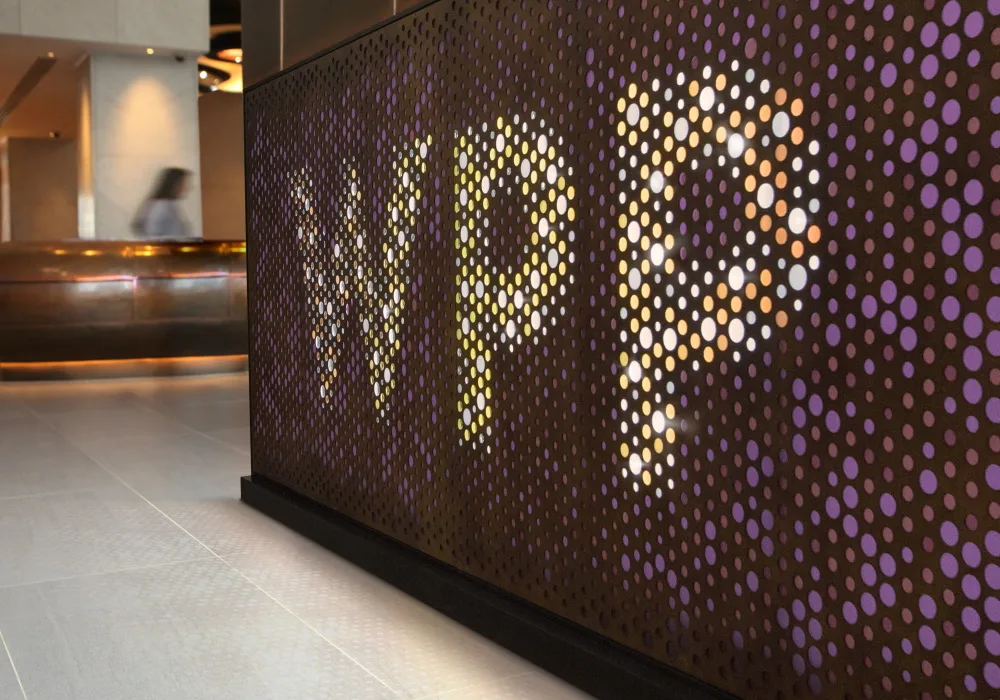WPP will reach net zero carbon emissions across its entire supply chain by 2030, according to an announcement made by the holding company on Earth Day. As part of its pledge, the advertising giant has also included media in its net zero commitment – an industry first.
As a first step, WPP has promised to reach net zero carbon emissions in its operations by 2025, with electricity 100% renewably sourced.
“WPP is the world’s largest buyer of advertising space, managing more than $60 billion in media spend on behalf of our clients, and the world’s largest producer of advertising content. So, we have the opportunity to make a real difference,” said Mark Read, WPP CEO.
“By including emissions from the placement of advertising in our net zero commitment – a first for our industry – we aim to raise the bar for the whole sector.”
WPP’s media investment arm, GroupM, will work with its media partners to develop industry-wide standards for measuring and eliminating the carbon emitted from the placement of advertising in the media.
To help this process, GroupM will consolidate its existing carbon calculators to enable a single view of emissions across channels in key markets. And it will increasingly integrate carbon data into media partner procurement requests, with all media plans provided to clients set to be net zero by 2030.
“Two-thirds of our top clients have committed to set their own science-based reduction targets and we can play an important role in helping them to meet those targets in their operations and across their supply chains,” said Read.
“We look forward to working with all our partners – many of whom have already made great strides in this area – to develop standards that will benefit the industry, our clients and our wider communities.”
WPP also intends to increase its use of virtual technology to reduce the need for expensive and carbon-intensive location shoots.
In 2020, WPP purchased 65% of its electricity from renewable sources, including 100% of electricity bought in the US, UK, Canada, and most European markets. A year earlier, it pledged to phase out the use of single-use plastics within its campuses around the world.








